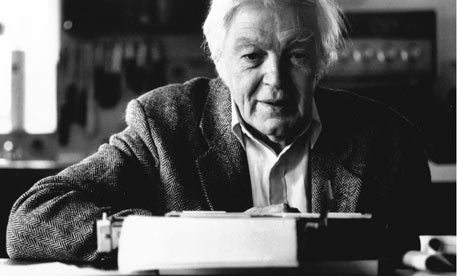 Just as the world’s major cities now have Holocaust Museums, it is time they all established Empathy Museums too. Their purpose would be nothing less than generating a new global culture of empathy by creating adventure spaces where you can explore how to view life from the perspective of other people.
Just as the world’s major cities now have Holocaust Museums, it is time they all established Empathy Museums too. Their purpose would be nothing less than generating a new global culture of empathy by creating adventure spaces where you can explore how to view life from the perspective of other people.
A typical Empathy Museum would not house dusty exhibits inside glass cases. Instead, it would be an exciting and intriguing playground rivalling the finest galleries and tourist attractions that the city has to offer. On rainy Sunday afternoons you might wander through the Empathy Museum with a few friends or your mother-in-law. During the week it is likely to be filled with children on school excursions and inquisitive visitors from countries where the ideal of empathy remains embryonic. The Empathy Museum will ignite the imagination just like the first public museums in the seventeenth century, whose collections of curiosities revealed the wonders of nature and human civilization for the first time. Continue reading
